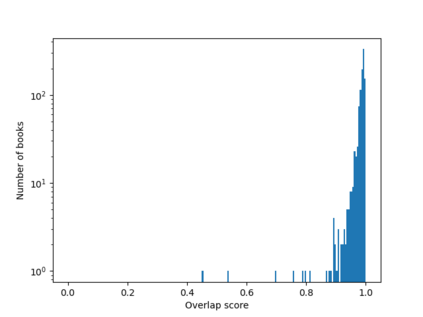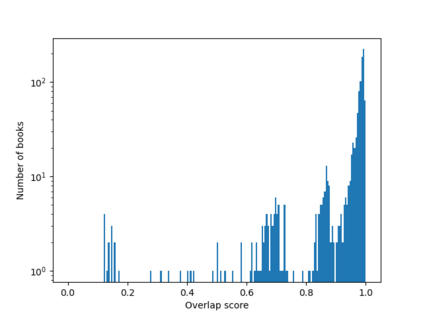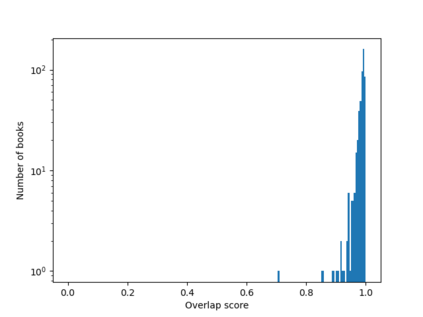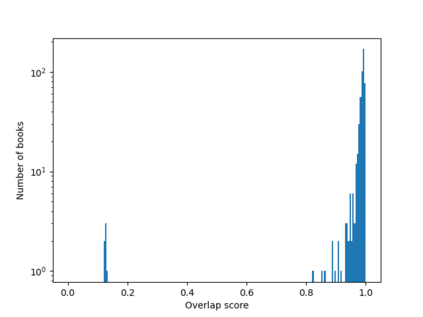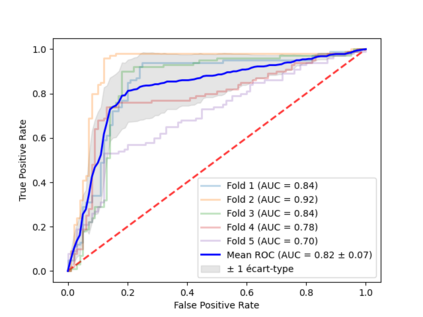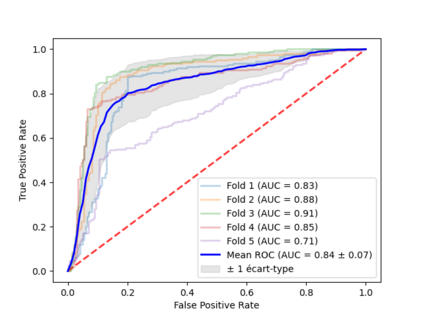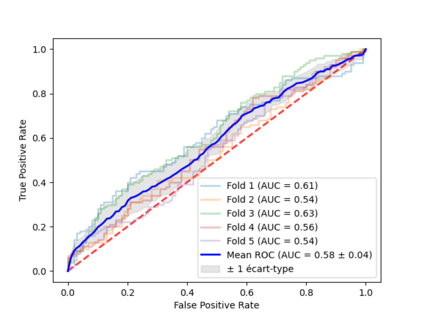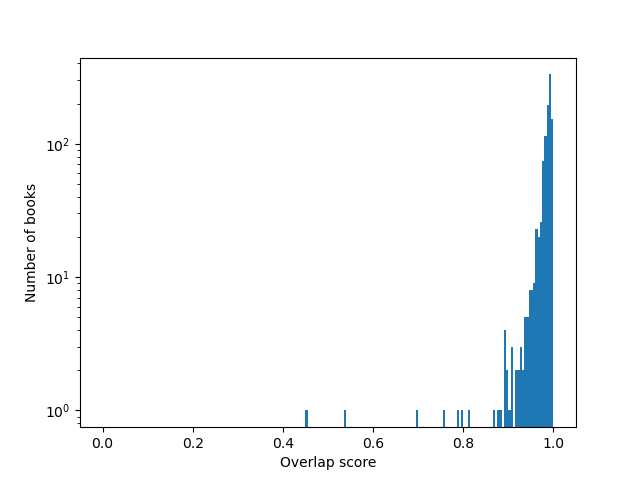The rise of Large Language Models (LLMs) has triggered legal and ethical concerns, especially regarding the unauthorized use of copyrighted materials in their training datasets. This has led to lawsuits against tech companies accused of using protected content without permission. Membership Inference Attacks (MIAs) aim to detect whether specific documents were used in a given LLM pretraining, but their effectiveness is undermined by biases such as time-shifts and n-gram overlaps. This paper addresses the evaluation of MIAs on LLMs with partially inferable training sets, under the ex-post hypothesis, which acknowledges inherent distributional biases between members and non-members datasets. We propose and validate algorithms to create ``non-biased'' and ``non-classifiable'' datasets for fairer MIA assessment. Experiments using the Gutenberg dataset on OpenLamma and Pythia show that neutralizing known biases alone is insufficient. Our methods produce non-biased ex-post datasets with AUC-ROC scores comparable to those previously obtained on genuinely random datasets, validating our approach. Globally, MIAs yield results close to random, with only one being effective on both random and our datasets, but its performance decreases when bias is removed.
翻译:暂无翻译

